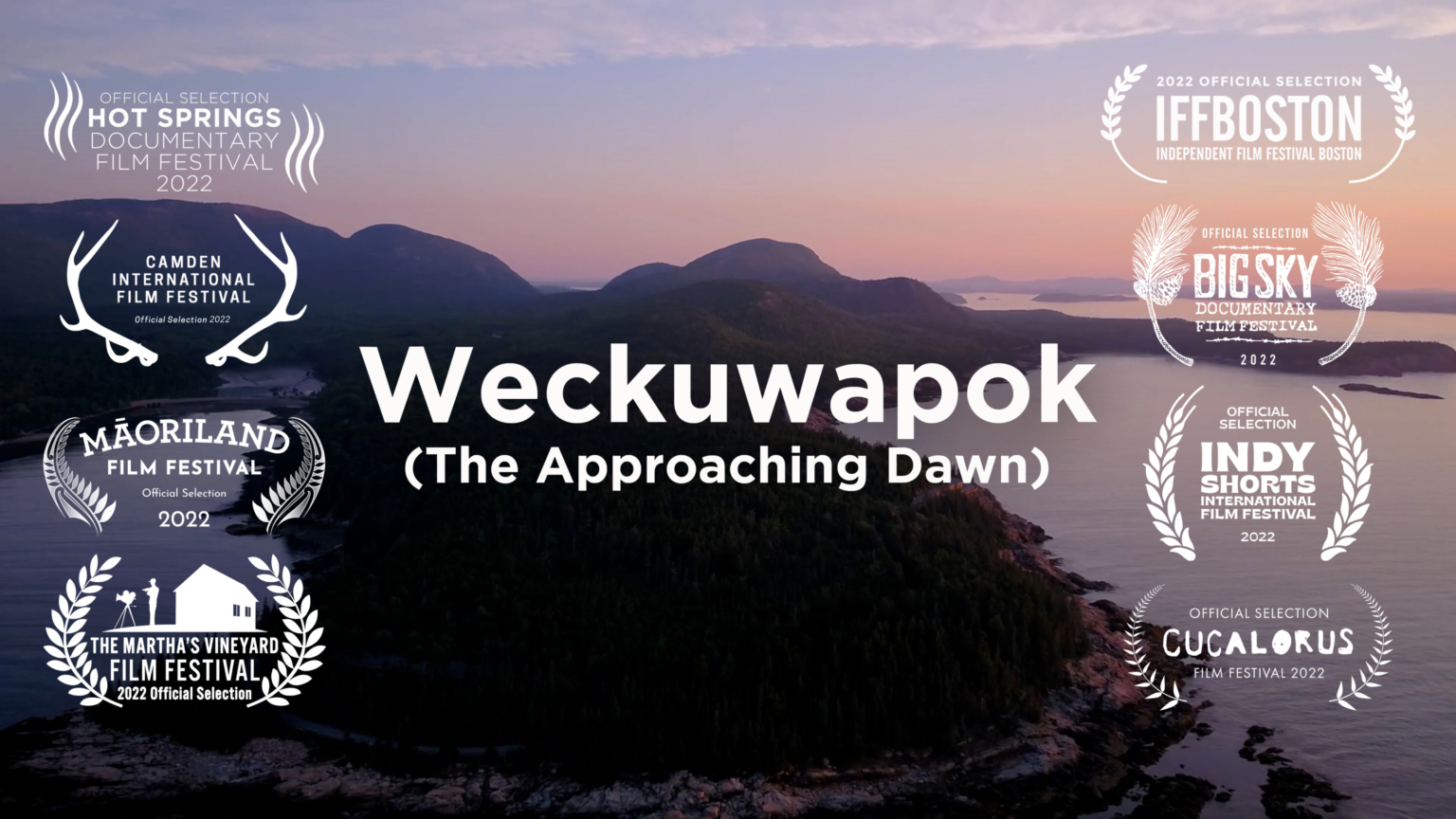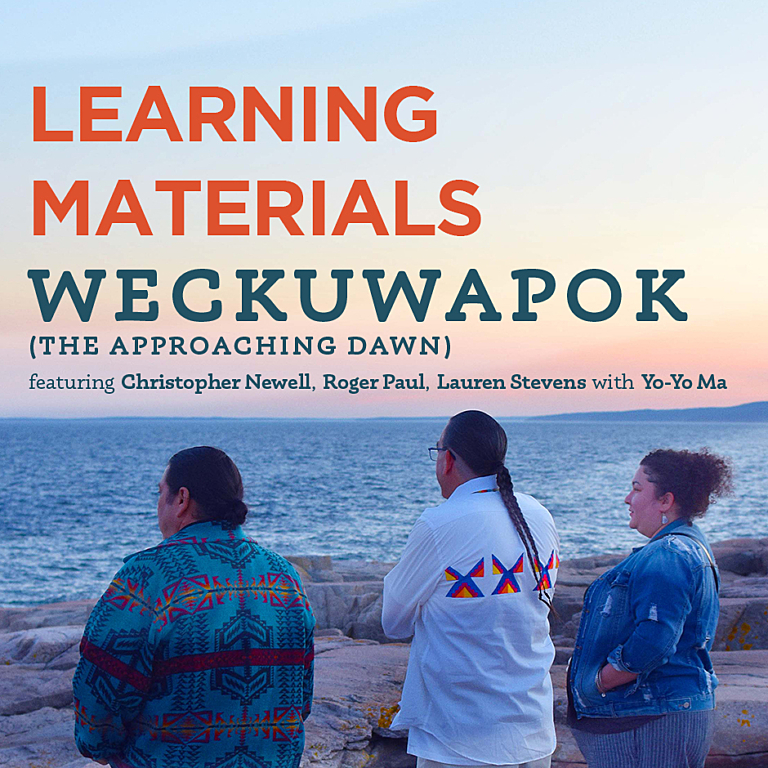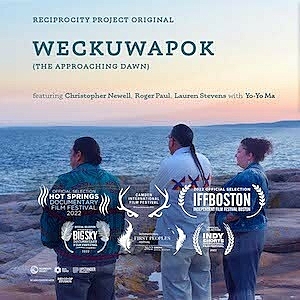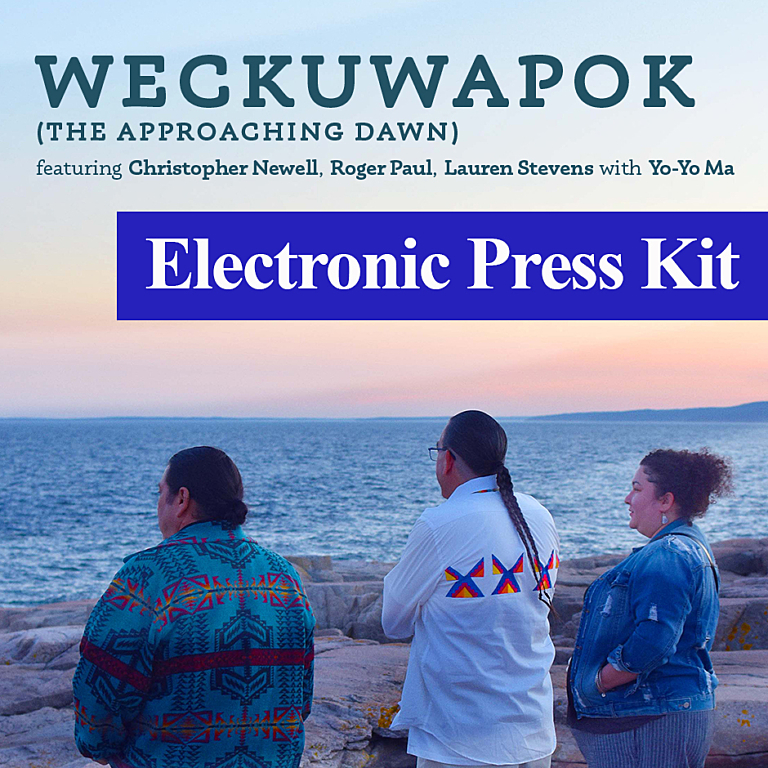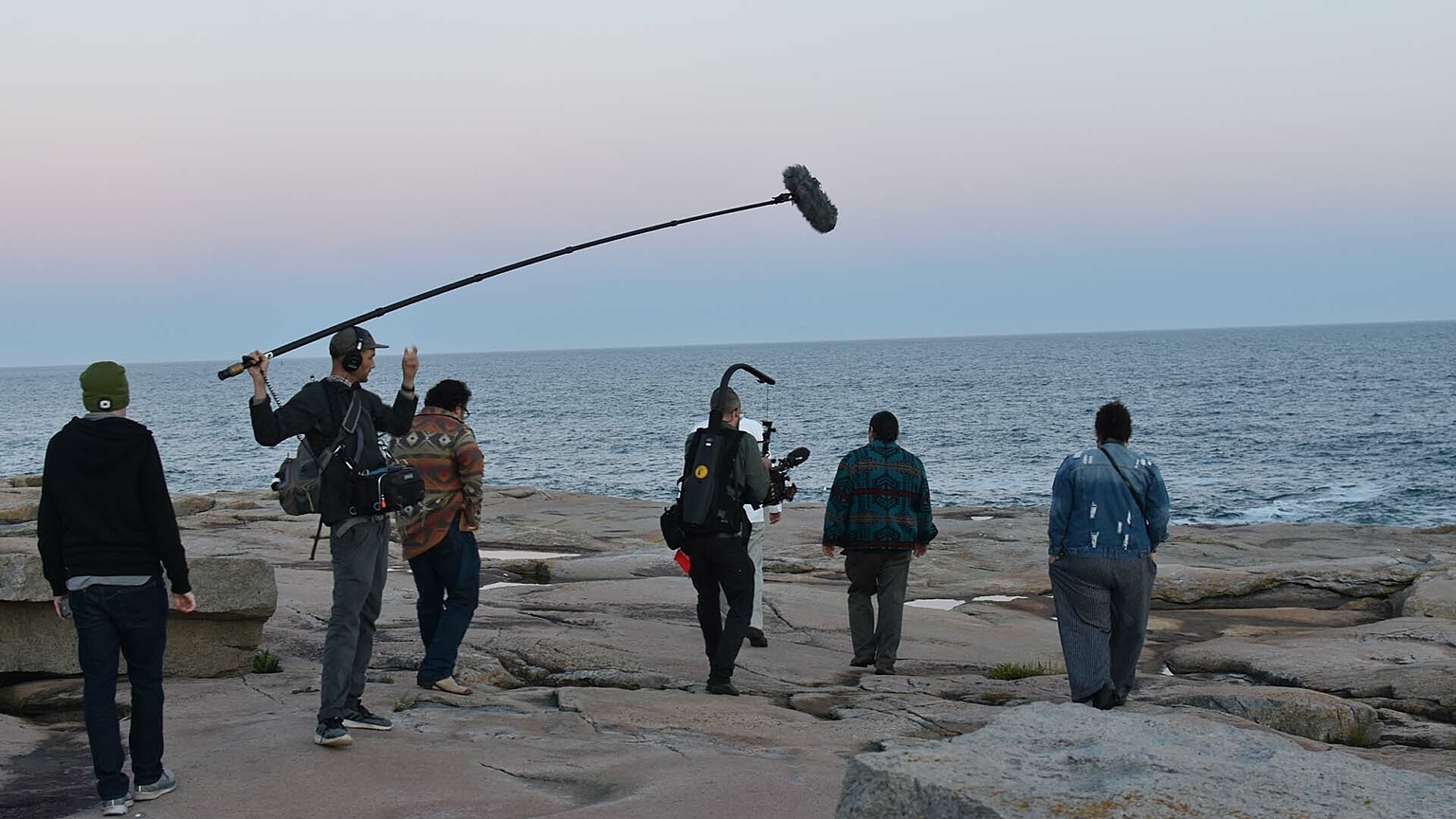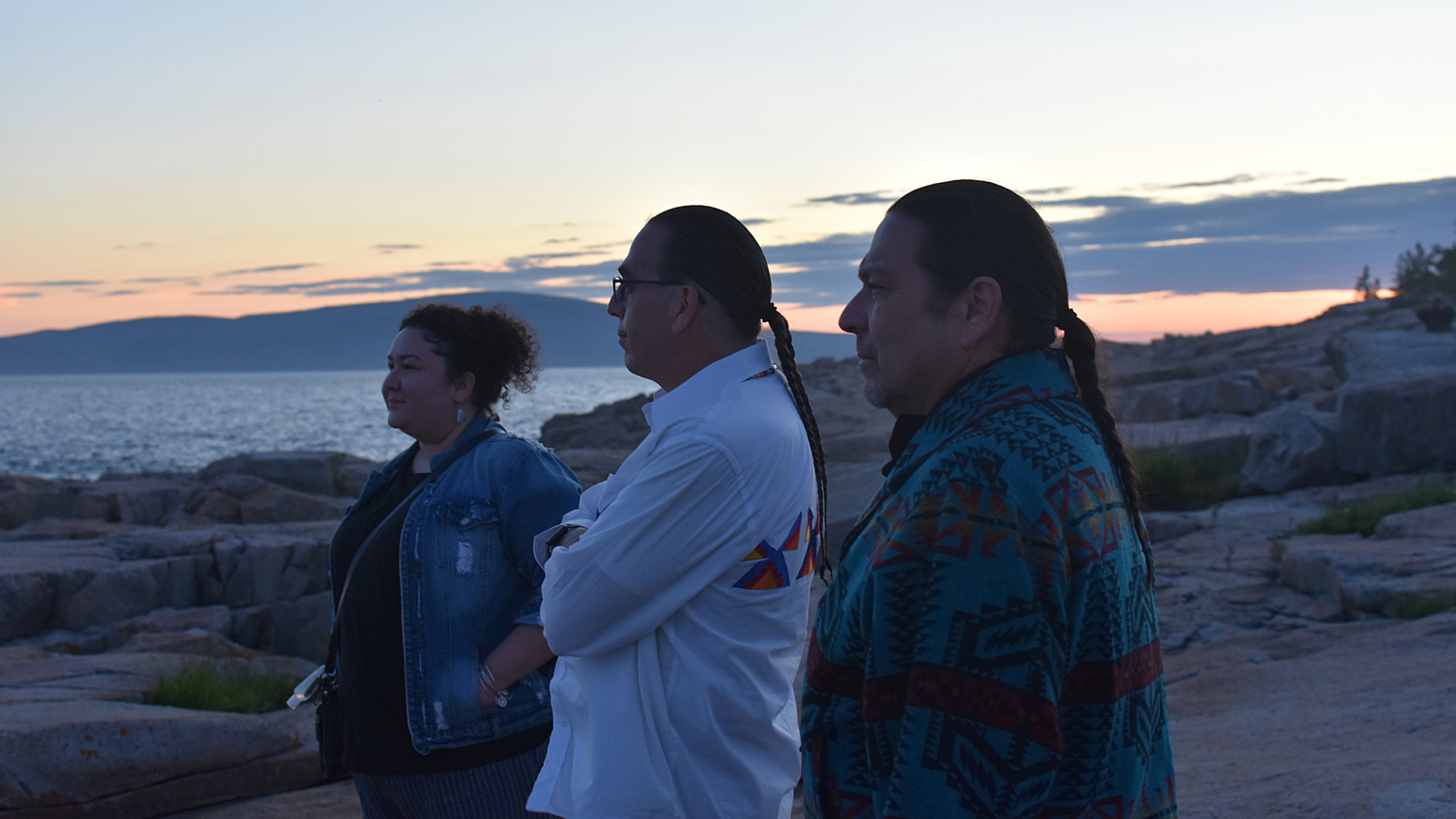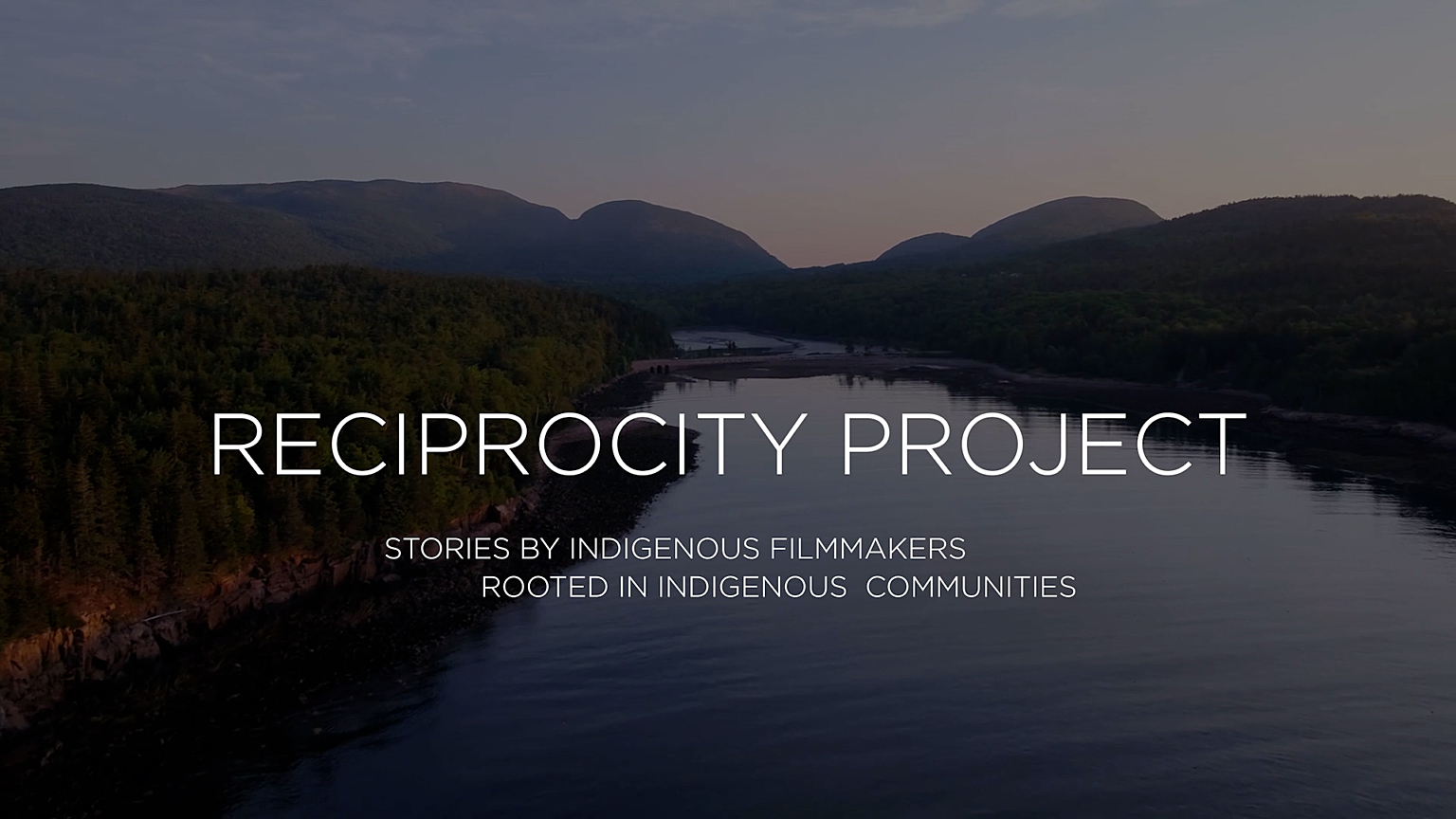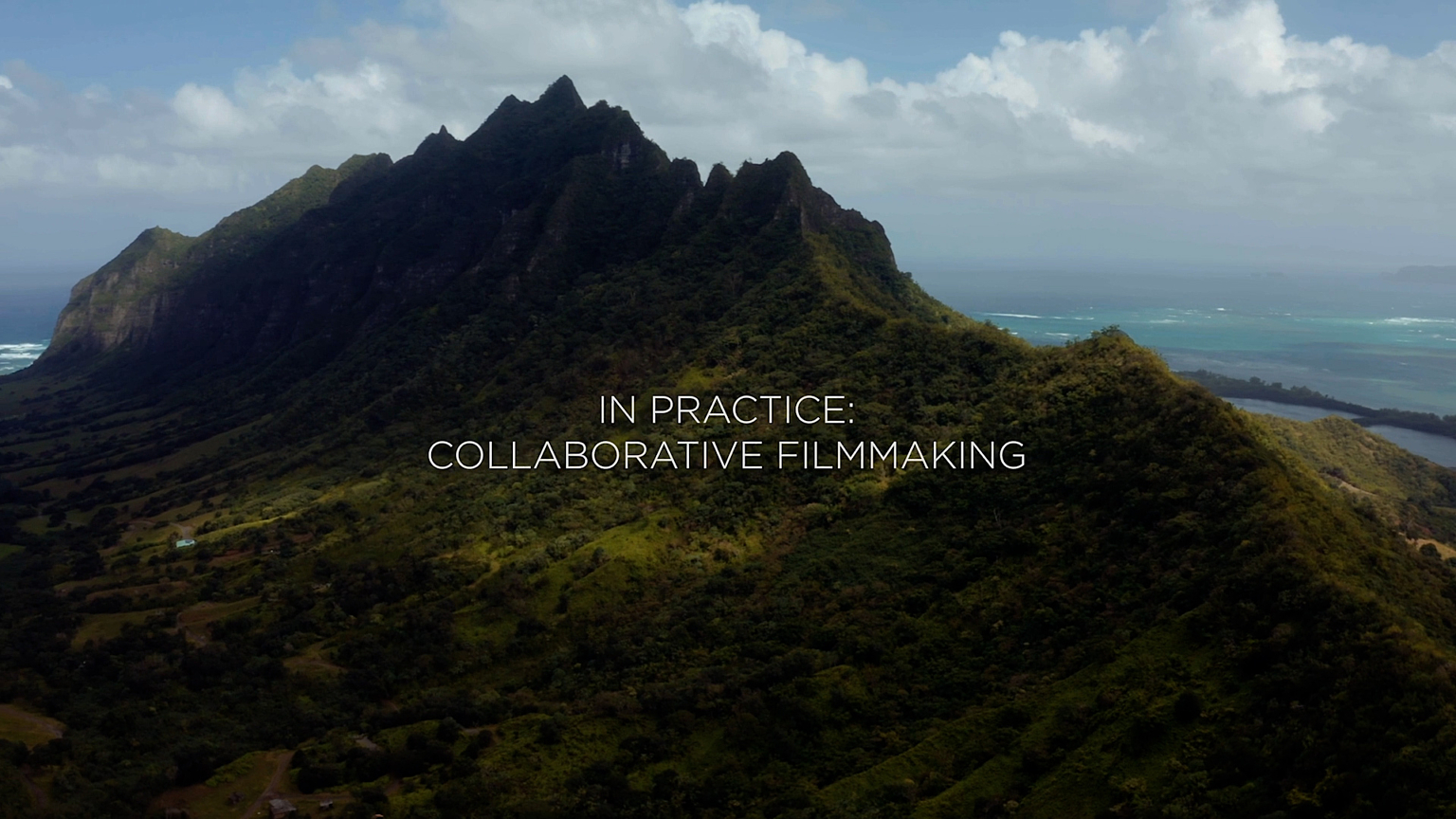2022 | Film 13 MIN. | Passamaquoddy & English
Weckuwapok
(The Approaching Dawn)
Co-directors (alphabetically): Jacob Bearchum, Taylor Hensel, Adam Mazo, Chris Newell, Roger Paul, Kavita Pillay, Tracy Rector, and Lauren Stevens
On these traditional homelands, Waponahkik (the people of the dawn land) bring gratitude to the sun where it first looks our way. Song and stories invite us to accept the new day and put behind us any harm done the day before. These are relational lessons shared from ancestors since time immemorial.
Featuring in collaboration Passamaquoddy citizens Christopher Newell, Roger Paul, and Lauren Stevens; and Yo-Yo Ma.
See the making of video here.
LEARNING MATERIALS & DOWNLOADS
Weckuwapok was made by a collective of storytellers with a shared affinity for all beings and uplifting Indigenous voices. We are seven people creating story together. We are Passamaquoddy, Penobscot, Wolastoqey, Cherokee, multicultural, and settler. Supporting us is a marvelous and diverse group of educators, program managers, advisers, editors, artists, and more who collectively make up the Reciprocity Project team. Our names are (alphabetically): Jacob Bearchum, Taylor Hensel, Adam Mazo, Chris Newell, Roger Paul, Kavita Pillay, Tracy Rector, and Lauren Stevens

“Just before the sun peaks over the horizon, weckuwapok, the approaching dawn, has magical power. We believe that moment is full of promise, possibility, and power; a gift about to be given. This is what we celebrate in our film: reverence for our awareness of dawn breaking and an opportunity for the pomawsuwinuwok — standing bears, the human beings — to reconnect with the energy that gives us all life. Wabanaki languages are manuals for sustainability if we take the time to listen and share. Gathered at Moneskatik for weckuwapok, we welcomed the day with stories and music wishing we could all be together, so this film is our gift to bring the magic to you.” — Jacob, Taylor, Adam, Chris, Roger, Kavita, Tracy, and Lauren
As the films in Season One of the Reciprocity Project demonstrate, the concept of reciprocity is a hallmark of Indigenous cultures throughout the world. The category of people referred to as “Indigenous” is a designation that arises in countries where histories of colonial domination define the relationships between people who have lived on those lands for millennia and those who are more recent arrivals. This is especially true for those of European origin stemming from the so-called “Era of Discovery,” beginning in 1492.
As Original Peoples, the ancient land tenure of Indigenous peoples makes them creators of wholly and fundamentally sustainable societies because they have learned how to live in harmony with their ecosystems. Along with the kind of reciprocity that defines those ecological relationships comes the intertwined values of reverence, respect, and responsibility.
This sense of responsibility is abundantly clear in the Wabanaki ceremony of singing up the sun, which extends to all human and other-than-human beings. This is reflected when Roger Paul shares a story in Peskotmuhkate (the Passamaquoddy language) about a little boy who tells the Knowledge Keeper he has come to sing in order to “raise up the sun for all the people.”

Indigenous peoples' worldviews are what distinguishes them from the societies that have grown up around them. In a world that revolves around private property and accumulation of wealth, for many people (and certainly their governments), it is inconceivable that an orientation to the world that rests on the values of relationships, reciprocity, responsibility, respect, and reverence is a viable way to live.
Yo-Yo Ma gestures toward this when he says that what everyone shared at the gathering was filled with meaning. He acknowledges that by thinking seven generations into the past and seven generations into the future, Indigenous people give a gift to the rest of the world that everyone can learn from. Secretary of the Interior Deb Haaland echoes this idea when she reflects on her role as a Pueblo woman and her sense of obligation to care for the land and the people on it, despite Pueblo histories of fighting colonization, famine, and drought.
Overall, what’s being described is an ethic of care that isn’t limited to certain people in certain places but is expansive enough to encompass all of life on Earth.
- How did you feel watching Weckuwapok (The Approaching Dawn)? Is there a moment that stands out for you? If so, why do you think it gripped you?
- In the film, Roger Paul, a Passamaquoddy and Wolastoq educator who is a language keeper, speaks of gratitude as he shares a story of a boy and an elder who sing up the sun. Wabanaki are stewards of the earth and theirs is a sacred task to help the sun rise. The sun gives warmth and light so the people can know they are cared for and loved, and so the world can be enlightened. The tradition of welcoming the day is an effort to put behind troubles of the past and focus on creating a better future. In what ways does Roger’s comment point to a deep connection between Wabanaki people and the natural world?
- In 2020, Maine celebrated 200 years of statehood (Maine separated from Massachusetts in 1820). Passamaquoddy educator, Chris Newell, offers a different point of reference: since the retreat of an ancient glacier 12,0000 years ago, Wabanaki ancestors have been on this land welcoming the sun with music. He adds, “We are meant to do this.” What is your reaction to his statement? Are there responsibilities of a similar magnitude that are carried forward by other people that you can think of and name?
- Lauren Stevens, who sings The Humbling Song, expresses gratitude for the older generations of Wabanaki knowledge-keepers and language speakers. She highlights how beautiful it is to be around tribal elders, to learn songs, to just be present with them, and she underscores the importance of Wabanaki youth getting to see adults they know “taking space, holding space, unapologetically,” on their land.
If you consider the history and struggles Wabanaki people have faced, including the fact that they have been barred by the National Park Service and other authorities from being on their ancestral homelands and prevented from practicing their traditional ways, what is the significance of Wabanaki youth seeing their adults and elders taking and holding space, without apologizing when they do so? - In the film, Passamaquoddy Elder, Wayne Newell, challenges those at the sunrise gathering when he says, “We’re all here to not just listen to people but what follows is perhaps the most powerful thing. We have to take those things into consideration seriously. If we leave here feeling good temporarily, then we have wasted our time. I see a lot of optimism because I see the generation to follow me. I see the next generation working their damndest. We have a lot of work to do. They have a lot of work to do. Woliwon.” How is this statement a call to action for Wabanaki people and for all people? What are the unmet needs that must be addressed in your community?
- Passamaquoddy Maliseet Language Portal
- Passamaquoddy People: At Home on the Ocean and Lakes
- Wabanaki Collection
- Asticou’s Island Domain: Wabanaki Peoples at Mount Desert Island 1500-2000
- Wabanaki REACH
- People of the First Light
- Dawnland Voices
- First Nations History: We Were Not The Savages, Daniel Paul
- The Life and History of the Red Man, Joseph Nicolar
- The Wabanaki: People of the Dawnland
- Yo-Yo Ma visits the Grand Canyon to play and listen to Indigenous perspectives
December 27, 2021 - Navajo-Hopi Observeer - 18th Edition of Camden International Film Festival announces feature and short films, Sept. 15-25
August 31, 2022 - Penobscot Bay Pilot - Indigenous Filmmaker Roger Paul Discusses New Documentary Weckuwapok (The Approaching Dawn)
November 18, 2022 - Downtown with Rich Kimball - Reciprocity Project Highlights Indigenous Storytelling and Values
November 25, 2022 - South Seattle Emerald - Yo-Yo Ma joins Wabanaki people in gratitude ceremony that dates back centuries
November 26, 2022 - WCSH News Center Maine - 2 Passamaquoddy short films now streaming online
December 3, 2022 - Bangor Daily News - 38th IDA Documentary Awards Nominees & Winners
December 28, 2022 - IDA International Documentary Association - In "Reciprocity Project," Indigenous voices reframe our relationship to the Earth
February 10, 2022 - Where We Live, Connecticut Public
Making of Videos & Trailer
Behind the scenes
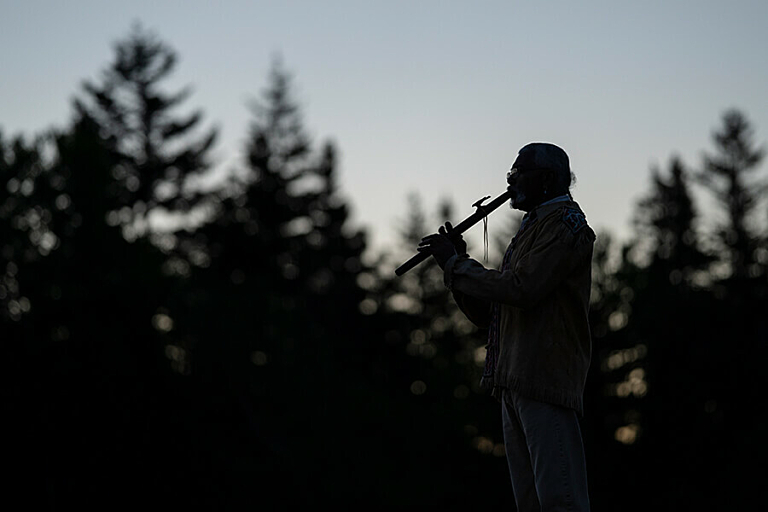
Hawk Henries playing flute at dawn
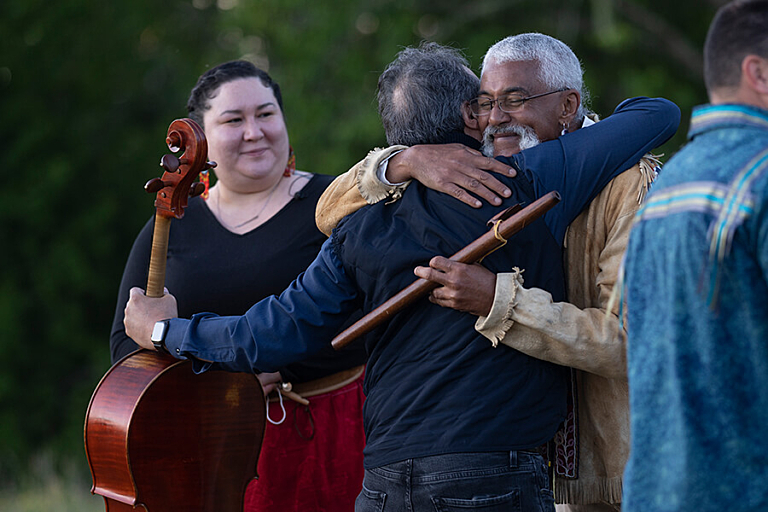
Lauren Stevens (left) and Yo-Yo Ma embracing Hawk Henries after a sunrise performance
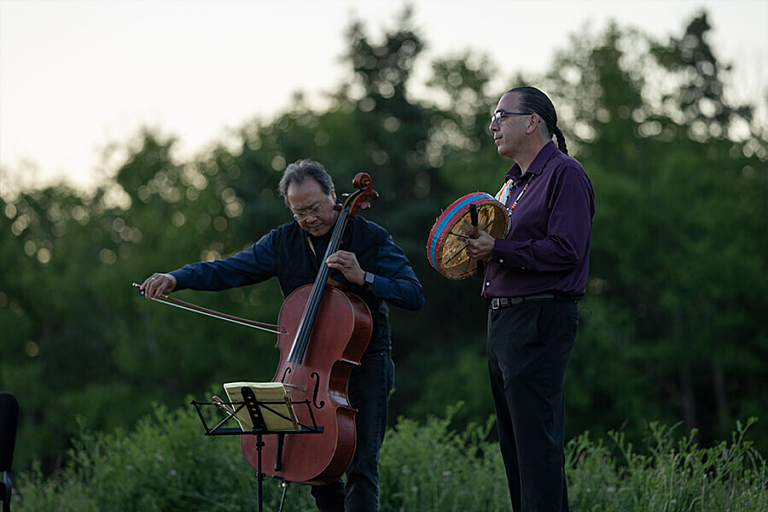
Yo-Yo Ma (left) and Christopher Newell performing
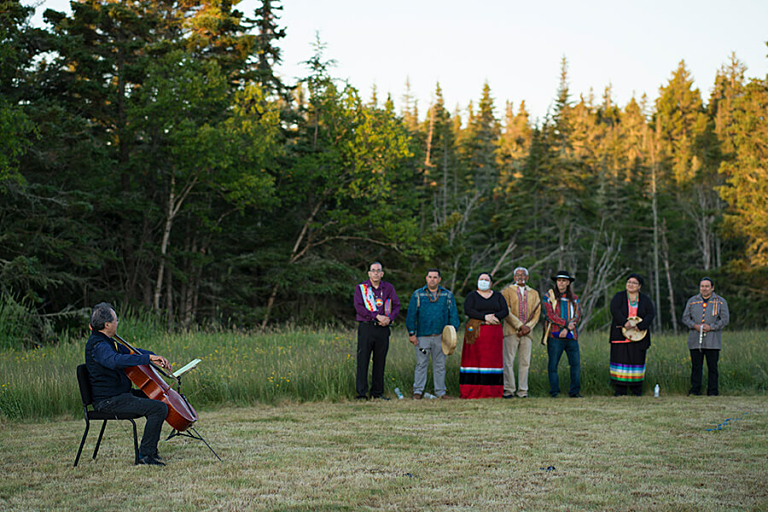
Wabanaki performers (L to R) Christopher Newell, Matthew Dana, Lauren Stevens, Hawk Henries, Rolfe Richter, Lynn Mitchell, and Roger Paul watch Yo-Yo Ma perform
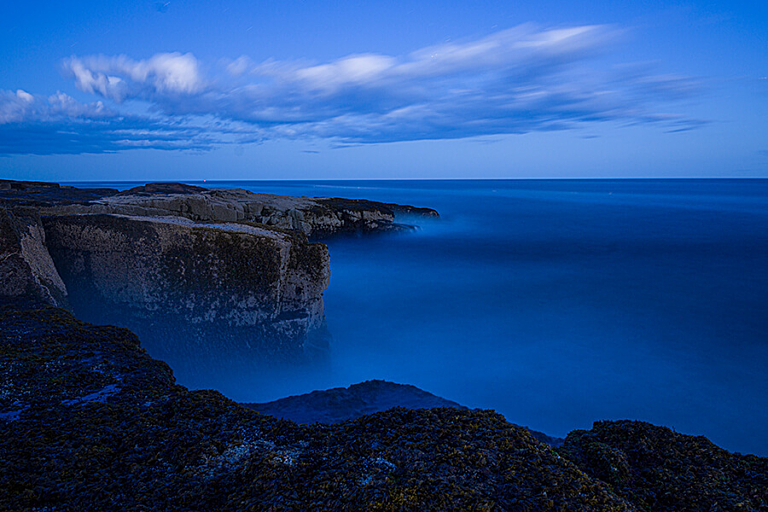
Scenic cliff
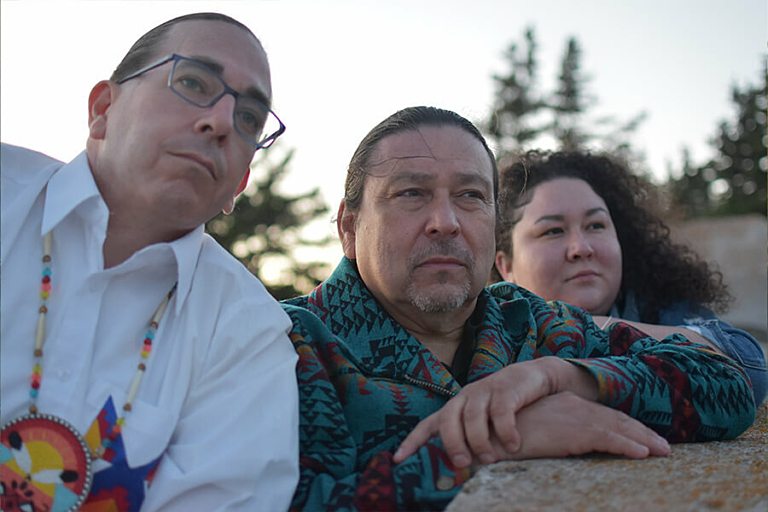
(L to R) Christopher Newell, Roger Paul, and Lauren Stevens at Schoodic Point

November 18, 2022
Downtown with Rich Kimball
Indigenous Filmmaker Roger Paul Discusses New Documentary Weckuwapok (The Approaching Dawn)
Read articleNovember 26, 2022
WCSH - News Center Maine
Yo-Yo Ma joins Wabanaki people in gratitude ceremony that dates back centuries
Read articleOctober 10, 2022
Morningstar
7 Indigenous Films about Reciprocity Released to Honor Indigenous Peoples' Day
Read articleCritical acclaim for this film
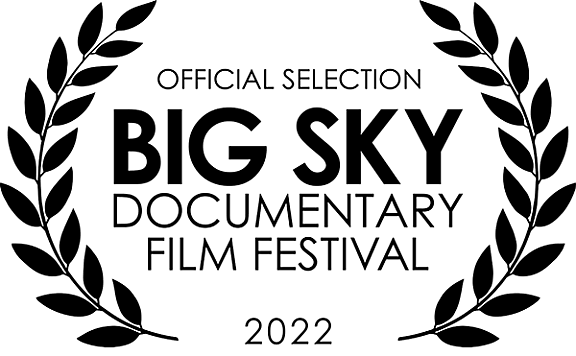
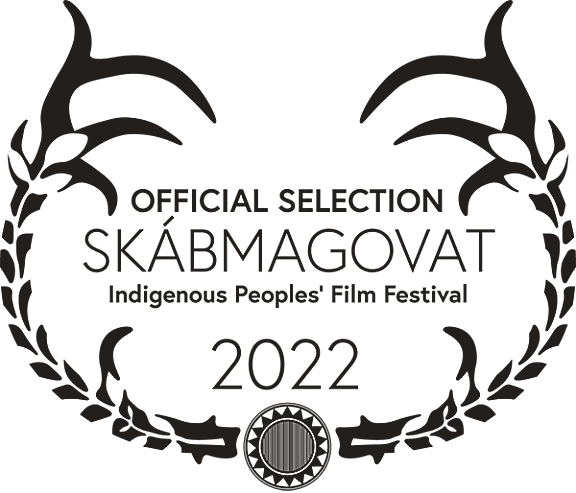
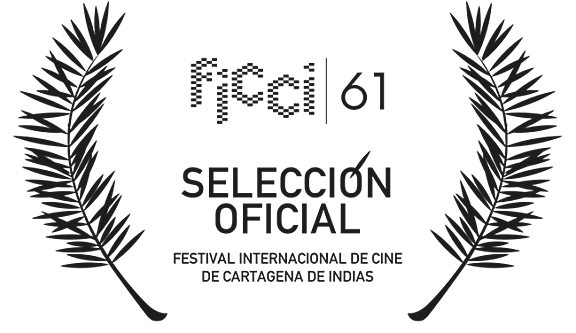
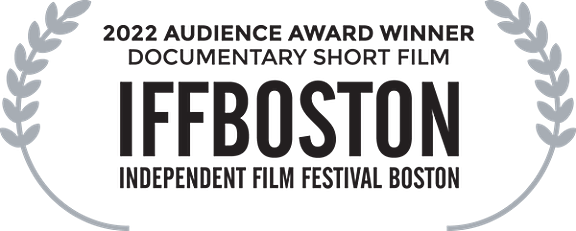
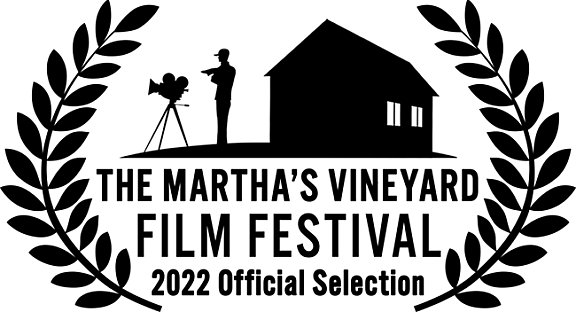
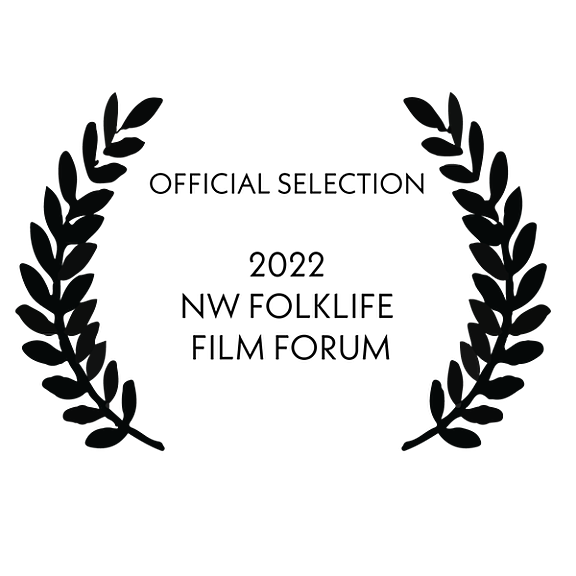


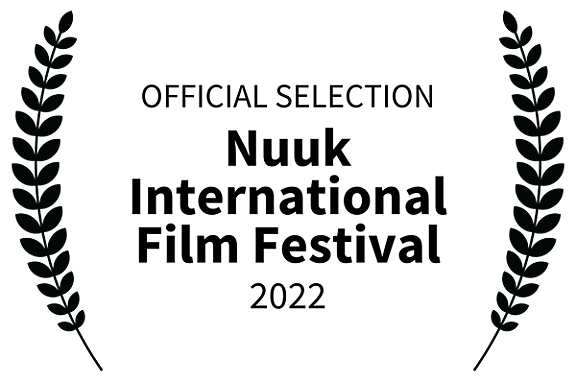
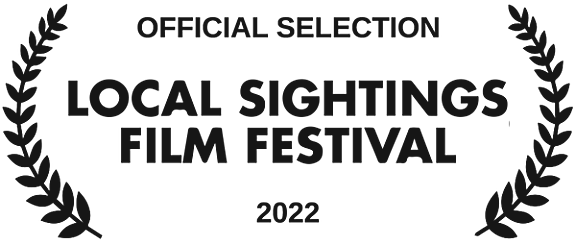

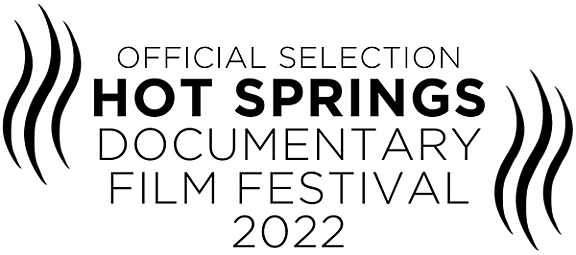

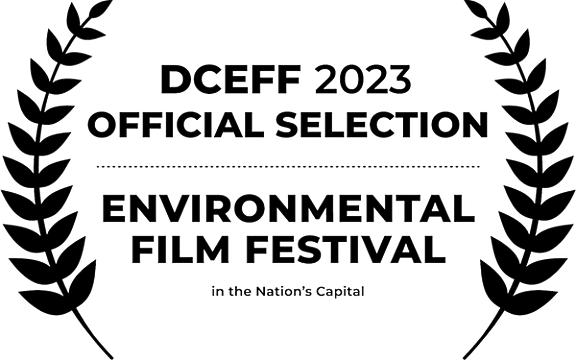

This film captures our language, our culture, our life views and how we have managed to survive genocide. We all have a role on this earth and when we take the time to celebrate our strengths and work together, we can create beautiful things. Wayne Newell’s wisdom expressed it more than walking away and feeling good, “We have a lot of work to do!” This work is important and we must never give up!
-Chief Maggie Dana, Passamaquoddy Tribe at Sipayik
